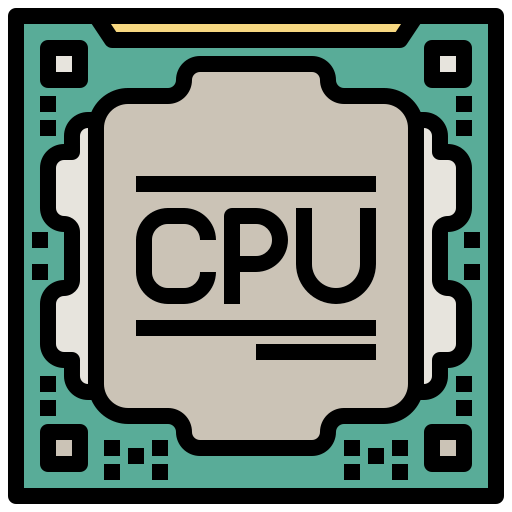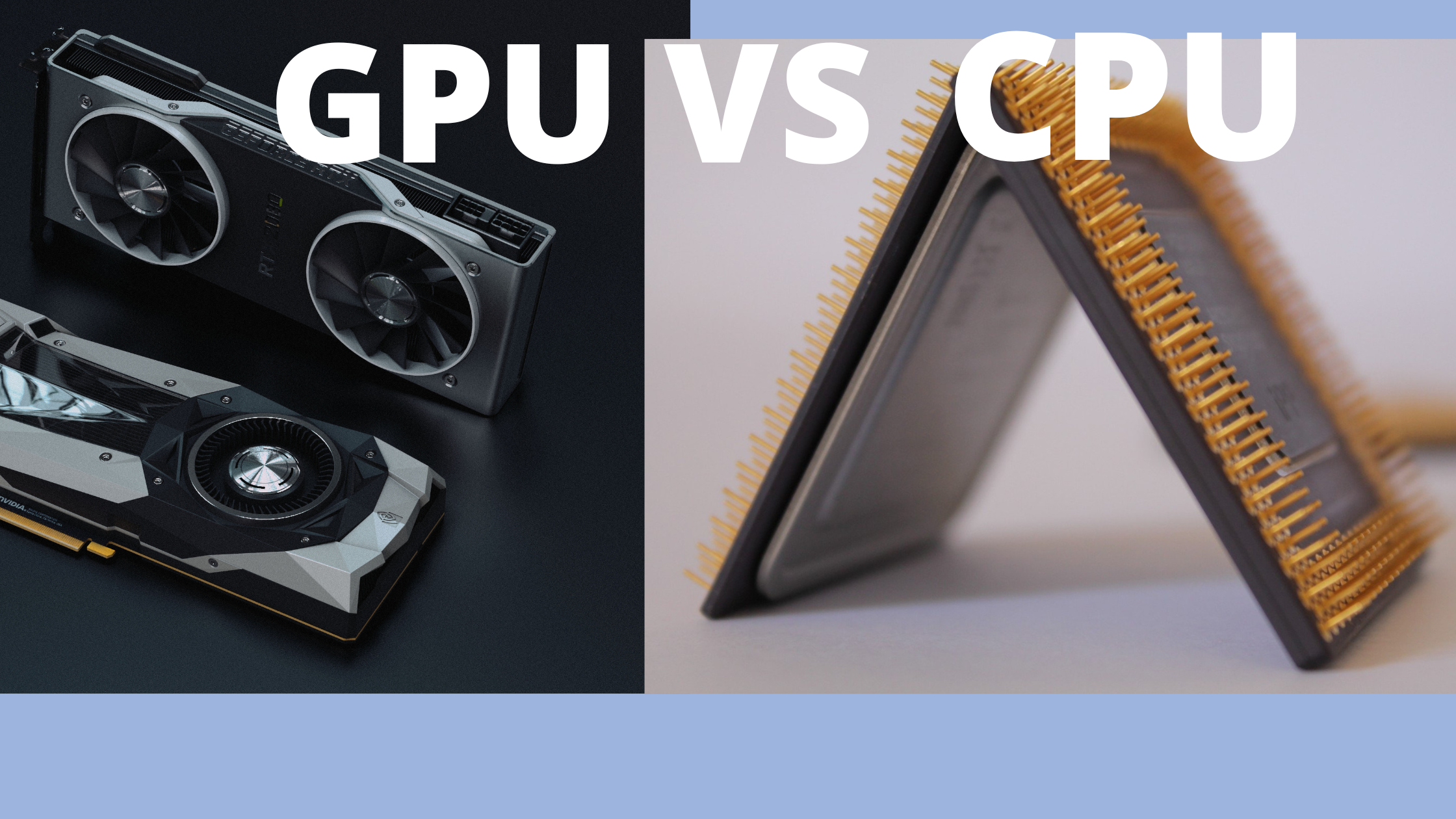GPUs are specialized central processing units designed to handle complex calculations and graphics processing tasks.
On the other hand, CPUs are more generalized processors that can be useful for various functions.
GPUs are significantly faster than CPUs when handling complex calculations and graphics tasks, making them ideal for gaming and other graphical-intensive applications.
GPUs can also be useful for general computing tasks compared to CPUs. In this topic, we discuss GPU vs. Cpu and how the GPU Work.
What Is a CPU?
CPUs are made up of billions of tiny transistors. Transistors are like switches: they can be either on or off. When they’re on, they allow electricity to flow through them; when they’re off, don’t let electricity through.
CPUs use transistors to create circuits called logic gates. Logic gates turn on and off in response to electrical signals.
They perform mathematical operations like addition and subtraction or logical operations like AND and OR. To create a program, a programmer writes instructions in a language called machine code.
-
Core
CPUs contain a “core” that controls how the processor functions. The number of cores in a CPU can vary, with some CPUs having only one core and others containing as many as 12.
The cores are responsible for performing calculations and managing tasks. Some software, such as video editing programs, can take advantage of multiple cores to speed up the processing time.
-
Cache
Are you a PC gamer? If so, you’re likely very familiar with the idea of a cache. Nothing is more important than having a fast and responsive system when it comes to gaming.
A cache is a small amount of high-speed storage between the main memory and the processor. It allows the processor to access data much faster than if it had to go back to the main memory every time.
The cache is especially important for gaming, as many games require textures and other data to be loaded into memory for them to run properly.
By having a cache, the processor can access this data much more quickly, which leads to a smoother and more responsive gaming experience. There are two types of caches: primary and secondary.
-
Memory Management Unit
A memory management unit (MMU) is a computer hardware component that manages memory allocation in a system.
The MMU is responsible for virtual mapping addresses to physical addresses and governing access permissions to specific memory areas. It allows the operating system to control which applications or processes can access memory areas.
The MMU is a critical component of modern CPUs and plays a key role in ensuring the reliable and secure operation of the system.
In most cases, the MMU is implemented as part of the CPU chipset and is not accessible to end-users.

-
CPU Clock and Control Unit
The clock and control unit (CCU) is a key part of the central processing unit (CPU). It generates the system clock signal, which controls the timing of all operations in the CPU.
The CCU also manages various CPU control registers, which allow the CPU to be configured for different tasks.
What Are the Advantages and Disadvantages of a CPU?
The Central Processing Unit, or CPU, is a computer’s “brain.” The CPU is responsible for performing all the calculations required to run the computer’s programs and operating system.
CPUs come in various shapes and sizes, but they all have the same basic components: an arithmetic logic unit (ALU), a control unit (CU), and registers.
The advantages of CPUs include their speed and efficiency. CPUs can perform millions of calculations per second, making them ideally suited for gaming and video editing tasks.
CPUs are also very efficient, meaning they can perform complex tasks while using very little power. It makes them ideal for laptops and other portable devices.
Disadvantages of CPUs include their cost and heat production. CPUs are typically more expensive than other processors, such as GPUs or FPGAs.
What Is a Graphics Processing Unit (GPU)?
A Graphics Processing Unit (GPU) is a specialized electronic circuit designed to rapidly manipulate and alter memory to accelerate the creation of images in a frame buffer intended for output to a display device.
GPUs are embedded systems, mobile phones, personal computers, workstations, and game consoles.
Modern GPUs are very efficient at manipulating digital media and can be used to accelerate the entire graphics pipeline, from rendering 2D graphics and text to high-quality 3D graphics.
How does the GPU work?
The Graphics Processing Unit (GPU) is a specialized circuit designed to manipulate and display graphics rapidly. GPUs are found in all manner of devices, from personal computers and smartphones to cars and airplanes.
Despite their ubiquity, many people do not know how the GPU works or what it does. GPUs contain hundreds or even thousands of cores that can be useful for calculating and displaying graphics.
The GPU uses a parallel processing technique to divide up the work required to create a graphic image between all of its cores.
It allows the GPU to create images faster than a traditional central processing unit (CPU). GPUs also contain large amounts of memory that can be useful for storing image data.
This memory is used to improve the performance of the GPU by allowing it to keep more data close at hand.

What Are the Advantages and Disadvantages of a GPU?
GPUs are graphics processing units. They were designed to handle the graphical requirements of games and other graphic-intensive applications.
GPUs have many advantages over traditional CPUs. They are specifically designed for graphical calculations to handle these tasks much faster than a CPU can. GPUs also have more cores than a CPU, which allows them to handle multiple tasks simultaneously.
However, GPUs also have some disadvantages:
- They are not as versatile as CPUs and cannot be used for general computing tasks.
- They can be expensive, especially when compared to CPUs.
- They generate more heat than CPUs and need more cooling to function properly.
Conclusion
In conclusion, a GPU is a specialized processor designed for handling the complex mathematical computations necessary for graphics and gaming.
It is important to understand the differences between GPUs and CPUs to make informed decisions about the best hardware for your needs.
If you are looking for a powerful computer for gaming or graphics-intensive applications, a GPU is the way to go.
In this article, we discuss CPU GPU, its advantages, and its disadvantages. We also discuss how the GPU works. I hope you can get everything in this article about CPU and GPU.

